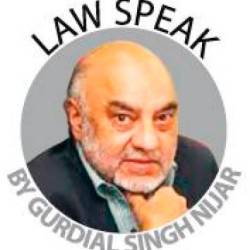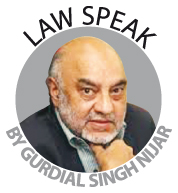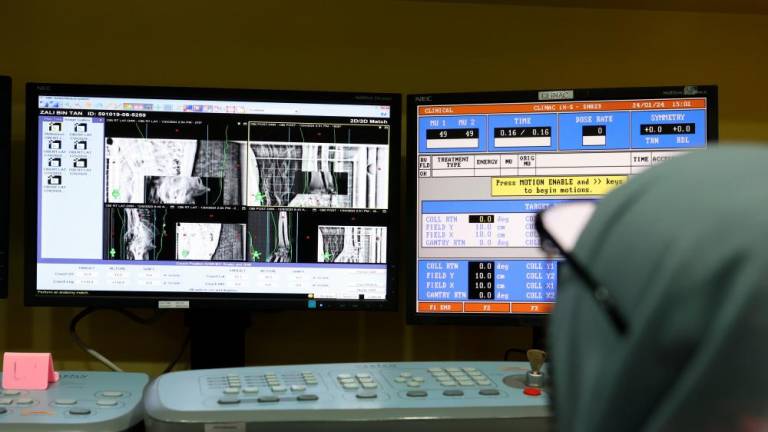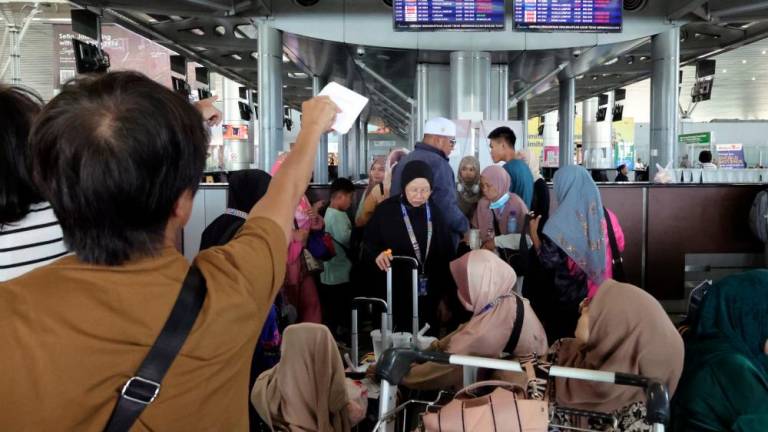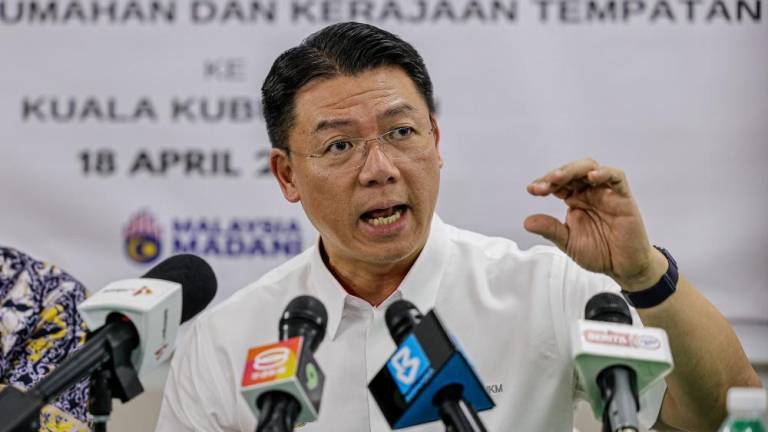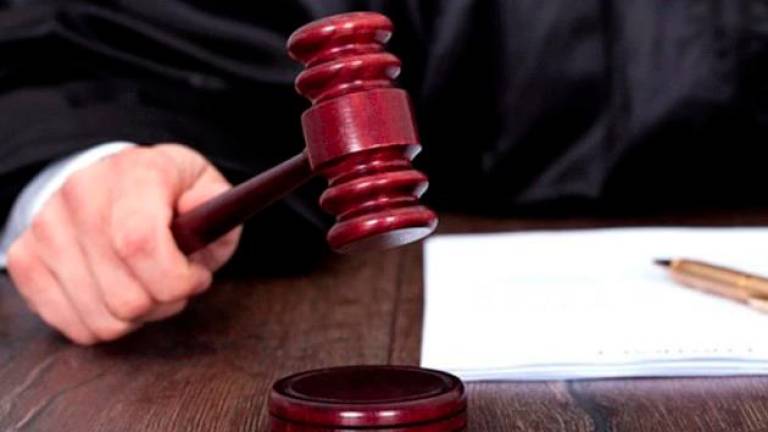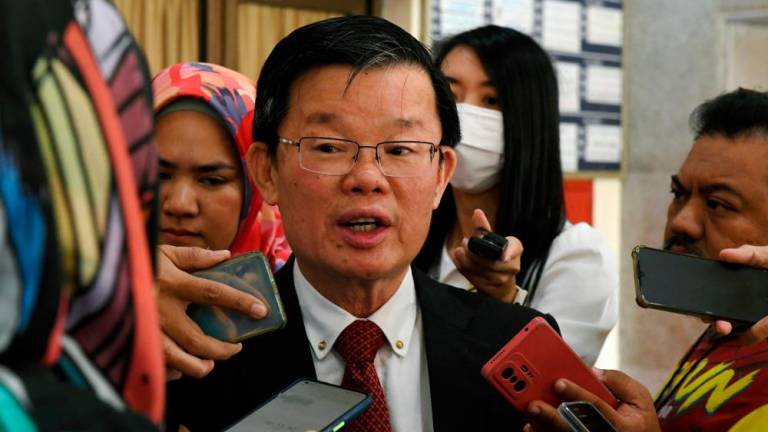CONFUSION reigns following the dramatic announcement by the prime minister on Monday. Is it a lockdown – meaning people can’t leave their homes? Like a curfew where police will be on the streets to bar people moving on the streets. Or haul up anyone outside their homes.
The object is clear. To limit the movement of people in public places. Essentially to prevent people mixing with others.
Hence all businesses are to close. All government buildings and private premises are to shut down. Schools and universities must shutter their doors.
Travel out of the country is prohibited. And travel into the country strictly regulated. Malaysians who commute daily to Singapore are adversely affected by the travel ban.
There is also a complete ban of gatherings and meetings – including religious congregations.
These measures are introduced under the Prevention and Control of Infectious Diseases Act 1988. And under the Police Act 1967 – which allows the deployment of the police to oversee the implementation and adherence of these measures.
The prime minister has acted under Section 11 of the Infectious Diseases Act to declare the whole of Malaysia as an infected area. This is on the basis that the minister is satisfied that there is an outbreak of an infectious disease in the country or the country is threatened with an epidemic of an infectious disease. This allows him to prescribe the necessary measures to control or prevent the spread of the infectious disease.
The worry about the spread appears real. As at March 8 there were fewer than 100 reported cases of infection of the corona virus. As of Tuesday it had spiked to 673 cases with two deaths, one a 34-year-old and the other a 60-year-old Sarawakian, who had an underlying chronic illness.
These figures may not represent the true state of infections. It is not known how many fail to report; either for fear of being quarantined or because they dismiss the symptoms. The latter understandable as the symptoms mimic other infections such as flu and the like.
The measures require Malaysians returning from overseas to be screened and to self-quarantine for 14 days after arrival. And a complete ban of tourists and foreign visitors. These measures are imposed under Section 6 of the Act “to prevent the introduction of any infectious disease into Malaysia from an infected area”.
To ameliorate the wide reach of these measures, one is allowed to move to get your food and medical supplies. Restaurants can open but only for takeaways (markets, grocery stores, pharmacies and hospitals remain open); also banks and financial institutions will remain open. Premises of public utilities providers – water, electricity, telcos, post and the like – will also remain open.
That’s why this order cannot be categorised as a lockdown or a curfew – as has been implemented in China, Italy and Spain. It is best described as a restriction of movement order.
All other movements are strictly prohibited. So offices cannot be partially shuttered – with a skeleton staff. Nor can business premises such as restaurants operate to provide online services. Hotels too are business premises and must close their doors. Religious places are also off limits to their routine mass services.
Any breach and the Act provides for penalties – of fines and jail terms. That’s where the deployment of the police under the Police Act kicks in.
We are of course not used to such drastic measures. And wonder how they will be enforced. One can easily avoid prosecution if caught travelling by arguing that the movement is to one of these permitted outlets.
So these measures should be viewed as encouraging people to restrict their movements to the bare essentials. And be implemented in a facilitative rather than punitive way. After all, it is only for a test 14-day period.
This will also be a steep learning curve for the public to realise how easily the infection can be spread; and to get them on board to ensure that the infection is not carelessly spread to other unsuspecting innocents. Especially the elderly and the babies. For whom it could be fatal, as the statistics in other countries show.
The objective, said the Ministry of Health, is to break the chain of transmission of Covid-19 among individuals and communities. And to highlight to the public that Covid-19 prevention and control measures must be taken seriously.
We must begin to recognise that each and everyone of us has a critical role to play in curbing this terrible new disease involving a little sacrifice and some inconvenience.
Gurdial, a former law professor, now practises law. Comments: letters@thesundaily.com



